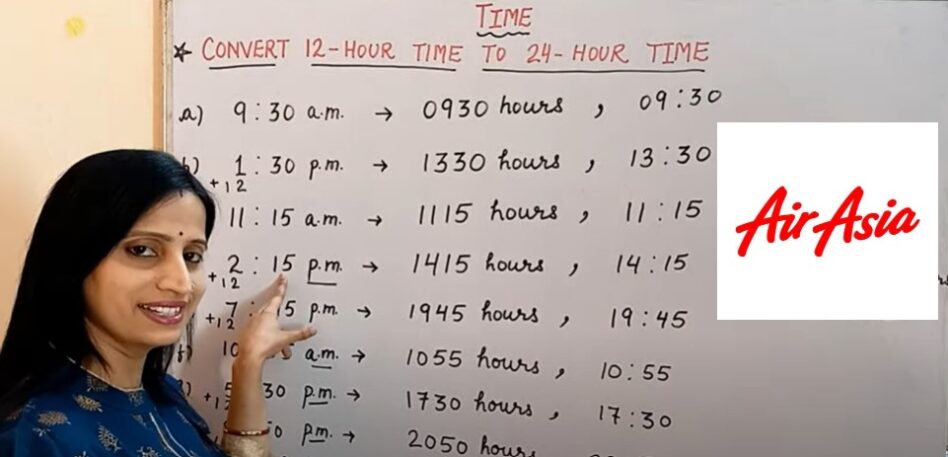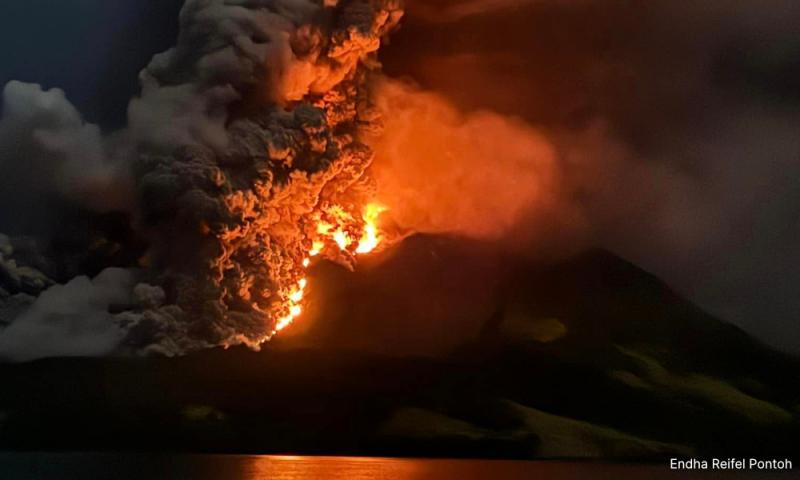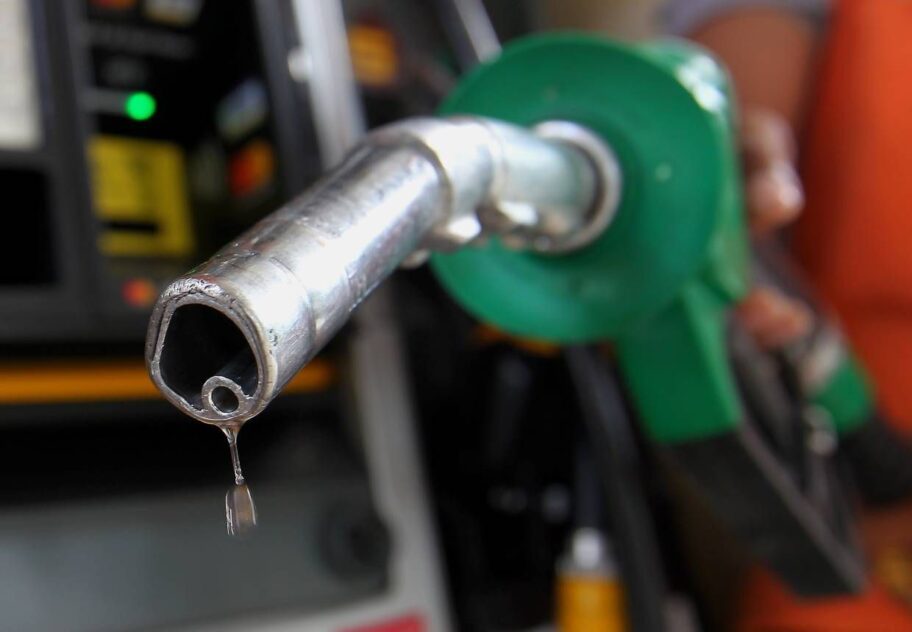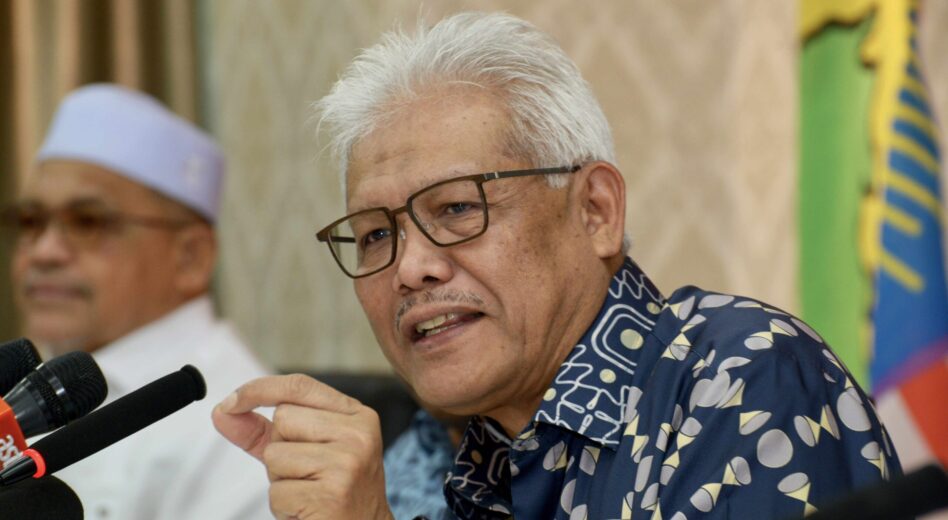By Doreenn Leong
THE prognosis for the aviation industry looks grim. Airlines worldwide are counting on their government to offer them a lifeline. For instance, the US has proposed a US$50 bil (RM219 bil) rescue plan for passenger and cargo carriers while New Zealand is offering its national carrier Air New Zealand NZ$900 mil (RM2.3 bil) and the Australian aviation industry will receive a A$715 mil (RM1.87 bil) relief package. Likewise, the UK government is reportedly mulling a multi-billion pound airline bailout plan.
These are huge sums of money just to keep airlines afloat, and it will be no different for our local airlines.
FocusM reported that Malaysia-based airlines Malaysia Airlines Bhd (MAB), AirAsia Group Bhd, Malindo Airways Sdn Bhd and MAB subsidiary Firefly have sought financial aid from the government.
The head honchos of the airlines have met up with newly appointed Finance Minister Tengku Datuk Seri Zafrul Tengku Aziz to discuss aid and other reliefs as they are in a dire situation due to the fast-spreading Covid-19 outbreak, which brought air travel to a near-halt.
With so many industries being badly impacted as well, the government will be hard-pressed to dish out more funds to bail out the airlines. Should the government rescue these airlines?
“No. Airlines should not be rescued. Why should taxpayers ‘rescue’ private airlines like AirAsia and Malindo?” says Anton Ambrose, a former senior airline executive.
“It is the job of the shareholders and its directors. You don’t see them sharing the bonuses and dividends with the taxpayers when skies were blue (no pun intended).
“Meanwhile, MAB should be allowed to operate without any interference by Khazanah Nasional Bhd. It is because of Khazanah’s lack of experience in aviation that we will never see the turnaround of the national airline. The airline is unlike any business. It is highly volatile and cannot be run on analysis and theory. If the directors can’t do it, just make way for those who can,” he said.
According to Endau Analytics founder Shukor Yusof, Malaysia must be selective in terms of which airline to bail out.
“Airlines worldwide are asking to be rescued. Any form of bailouts will vary from country to country.
“In Malaysia, we have the national airline MAB (and its subsidiaries, Firefly and MASWings) and the privately-owned AirAsia and Malindo.
“The government has limited cash to dole out in this crisis. We are not like the US, so we cannot simply print ringgit. So, what is the priority?
“It is morally and financially wrong to continuously use taxpayers’ money to support badly run, inept and careless airlines,” Shukor said.
Instead, he suggested that the focus ought to be on choosing which is most deserving of receiving cash – in terms of contribution to the entire Malaysian economy – and let the rest fend for themselves.
The International Air Transport Association (IATA), a trade association of the world’s airlines, said recently that more than 185,000 passenger flights have been cancelled since the end of January.
It pointed out that the cancellation also meant removing vital air cargo capacity that is needed to keep supply chains going, including the delivery of critical medicines and medical equipment.
The association estimates that airlines will need up to US$200 bil in government support if they are to survive the global travel shutdown due to the Covid-19 outbreak.
IATA has also called on governments to support cargo operators by waiving certain fees, granting temporary traffic rights and exempting air cargo crew members from quarantine requirements in countries they enter.
Essentially, a lot of Malaysian companies deserve and need a taxpayer bailout right now in order to survive. The airlines should not be among them.
This is not the case of airlines being “too big to fail”. The airlines have their own chain of suppliers and employ a huge number of people. But those relationships can, by and large, continue and the employees can seek other jobs.
Numerous airlines have been declared bankrupt before, and some multiple times. During those bankruptcies, they’ve usually managed to continue operating, with limited effect on customers and other sectors of the economy.
So, bankruptcy is a better option than a taxpayers’ bailout, which would mean rescuing the creditors and potentially shareholders, who knew the risks involved in lending or investing in the companies.
They were paid through stock buybacks, dividends and interest payments when times were good. They could have instead insisted that the airlines hold on to cash for a rainy day or take on less debt or sell their assets.
The businesses we should be worried about are the ones that would be less likely to survive bankruptcy and that don’t have major assets to sell off or use as collateral.
Airlines are not the only transport industry asking for government help, with bus and rail operators expressing concern about a sharp drop-off in passenger numbers. – March 20, 2020









